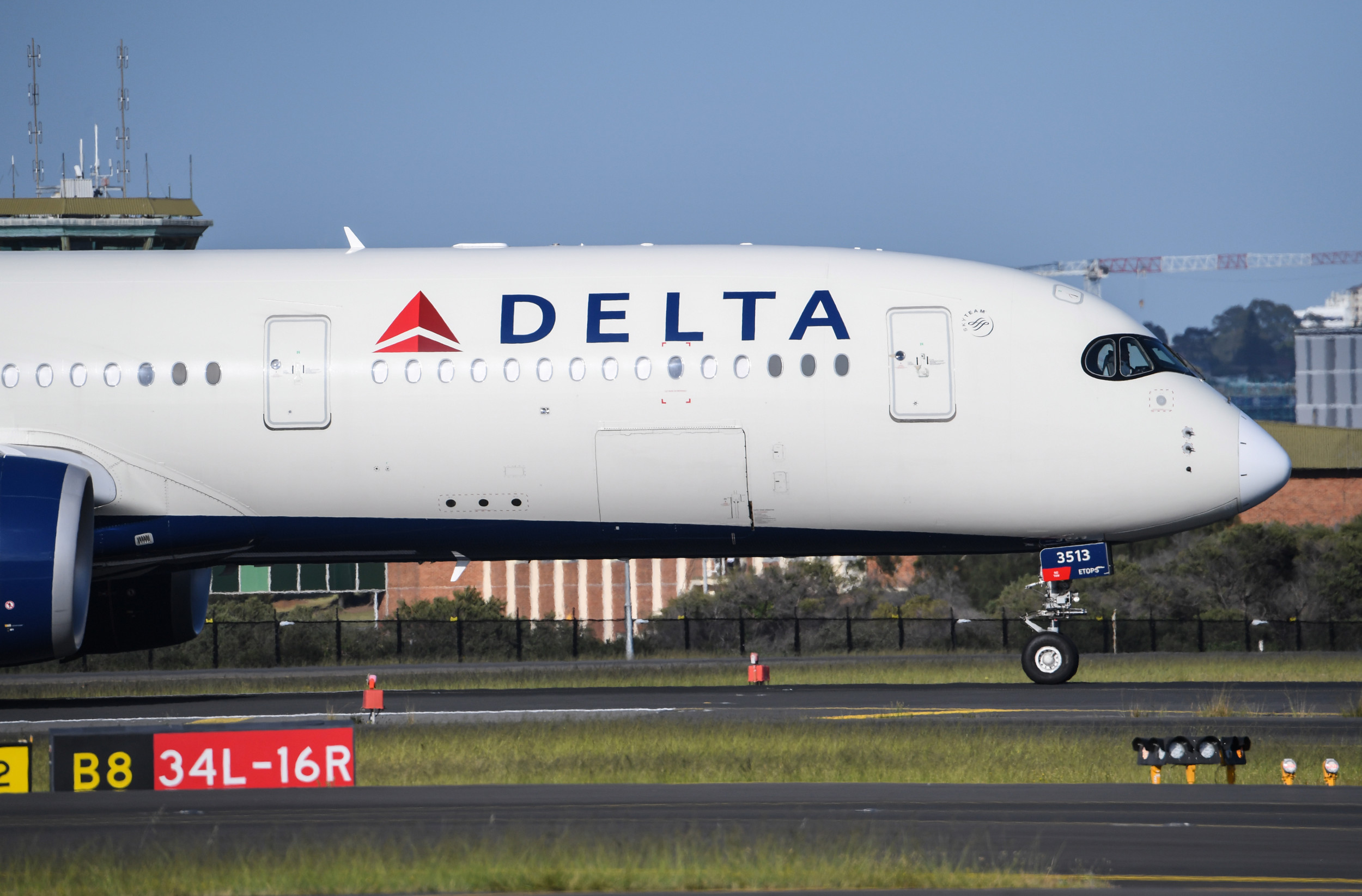Northern England is grappling with severe weather conditions as an Arctic blast sweeps through, bringing heavy snow, ice, and freezing temperatures. Emergency services are urging people to stay indoors unless travel is absolutely necessary, with warnings of treacherous roads and significant safety risks.
The Met Office has issued an amber warning for snow and ice, covering much of the North East and Cumbria from Saturday evening to midnight on Sunday. The forecast predicts hazardous conditions, including drifting snow, blizzards, and dangerously icy roads.
In the Lake District, several roads, including Hardknott Pass, Cold Fell, and Birker Fell, have been closed due to the icy conditions. Six vehicles became stranded on Wrynose Pass, prompting a rescue operation by Cumbria Police. Officers safely escorted the vehicles down the steep, snow-covered route.
Richard Warren from the Lake District Search and Mountain Rescue Association has urged people to reconsider venturing out, warning that the current conditions could leave travelers stranded or unable to reach their destinations. He recalled the chaos of December 2023, when similar snowstorms led to dozens of emergency calls over just a few days.
Weather experts are predicting significant snowfall across Northern England. Areas above 1,000 feet, such as the Pennines and the Cheviots, could see accumulations of up to 16 inches, while lower levels may still experience 1-3 inches of snow, enough to cause widespread disruption. Blizzards and drifting snow are expected to make travel even more dangerous. Local authorities have deployed gritters and have snow ploughs on standby to manage the situation, but police are still urging extreme caution for anyone planning to travel.
Train services are also being affected, with companies like LNER, Northern, and CrossCountry advising passengers to check for updates before starting their journeys. Delays and cancellations are likely as snow and ice disrupt rail networks.
Charities are emphasizing the importance of keeping homes warm during the cold snap, particularly for older and vulnerable residents. Christine Nicholls from Community Action Northumberland has recommended maintaining indoor temperatures of at least 18°C and up to 21°C for less mobile individuals. She acknowledged concerns over rising energy costs, especially after the removal of winter fuel payments for many, but stressed that health must take priority. Support is available for those struggling to pay their bills.
Cold weather payments have been triggered for eligible residents in Cumbria and Northumberland. These government payments offer financial support for heating costs when temperatures drop to zero degrees Celsius or below for seven consecutive days.
Authorities are urging people to prepare for worsening conditions and to avoid non-essential travel. For those who must go out, it is crucial to check weather updates, plan journeys carefully, and ensure vehicles are winter-ready. Staying home and prioritizing warmth and safety remain the best options during this Arctic blast.




